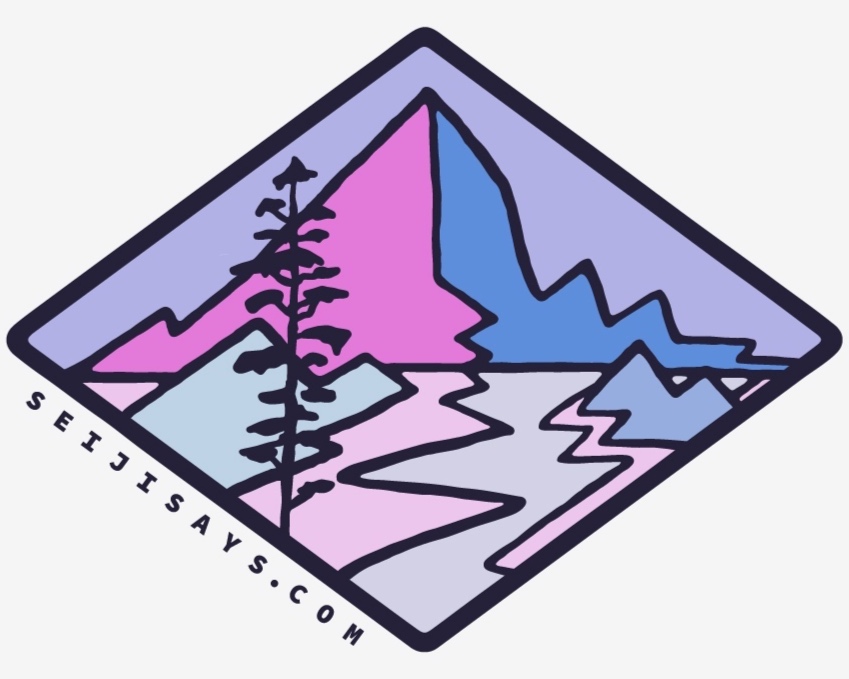Heroic Adventuring or Surviving Stupidity?
The author not playing golf. Photo: Mountain Bureau, LLC
I recently participated in a two-day survival school; it was fun and I learned a lot of techniques that I hope to never use. Parts of this class involved reviewing mistakes made by others, some ending in disaster, some with the return of an adventurer to his or her family. My internal dialogue cried “dumb mistake” to the stories ending in death and praised “yeah, hardcore, way to go,” to the stories ending in survival. But viewed analytically, both types of stories started with an avoidable human error that shouldn’t garner applause. But there I was, passing opposing judgments surrounding the same issue, and it felt natural.
I have been in a few harrowing situations, mostly borne of overestimating my ability or being brash in hostile environments. And, when I’ve told those stories, those close to me berate me for stupidity, but casual acquaintances praise me for being “savage.”
An interesting dichotomy, and I’ve been guilty passing similar judgments, the direction depending on the who and how of the story; but it shouldn’t be that way, should it? How can the same decisions and actions be irresponsible and heroic at the same time? When telling a tale of narrow escape, I have felt the desire to both hide and brag; the embarrassment of a poor decision, but then the pride of somehow escaping death or serious injury.
These thoughts make me question how we value and react to cutting edge attempts in the adventure and action sports worlds. I’ve been in the medical unit at supercross races, a rider I work for and care about screaming in pain; he may be upset at himself for a bad decision and poor result, but the fans applaud him for “going for it.” He must garner results to obtain or keep a ride, but part of his commercial appeal is his fan base.
On a multi-pitch ice climb, being unfamiliar with new gear nearly cost my life and that of my climbing partner. But we persevered and descended without injury, the gap between toasting each other that evening and one of us plummeting to the ground from 800 feet while the other froze to death was unimaginably thin. We both were ecstatic that we topped a prized route, but also deeply affected by our shortcomings nearly costing our lives. Upon returning home and recalling this story to other climbers, the unanimous reaction was fist-pumping, back-slapping, and “hell yea, badass.” But inside I didn’t feel like a badass, I merely survived a dumb mistake.
The death toll in alpine climbing over the past few years has been alarming and serious injuries in motorsports more common. These are the two sporting arenas where I have personal experience and connections. I almost always view the tragic efforts as heroic but family members and close friends of the deceased or seriously injured may feel otherwise. As human performance and technology endlessly march forward, gaining noteworthy achievements in risky endeavors often means consciously accepting more risk; faster, higher, longer. A fortunate few may break boundaries and achieve fame, financial rewards, and personal fulfillment, but many may become severely injured or die.
I don’t know what is morally right or wrong; do I high-five my friends when they accept or overcome a challenge with a high degree of risk and devastating consequences, potentially affecting their families? Or do I express my concerns about the tangible and horrific potential outcomes of failure?
I understand to my core that all of this revolves around personal choice. And for some, for whatever reasons, saying no to such challenges and adventures is akin to a slow and painful death.
For myself, as I grow older and feel more responsibility to be here for my family, I can see my hunger for risk waning. And I do have regrets about turning down certain adventurous offers. But I’m finding that sacrificing some endeavors means gaining others. I don’t think that forging ahead with risks that are appropriate for my level of knowledge, skill, fitness, and preparation are irresponsible, regardless of the potential consequences. But at the same time, I am not entertaining nearly the amount objectives as before; it’s not backing down from risk as much as it is wanting to spend more time with my family.
And I do think I have to adjust my view of others in their quests for risky adventures. I don’t think I should automatically applaud and support hugely risky undertakings with serious consequences when I know a family is dependent on that person. If that person is a close friend, maybe I even express my concerns. But in the end I do understand it is a personal choice and value systems vary and can change over time. And, in the end, who cares what other people think?
So, the best I can do is wish adventurers well and hope that they have covered the bases for their families. Will I turn into a weekend golfer? I love my family dearly, but not a chance. I don’t think they want that for me either.

